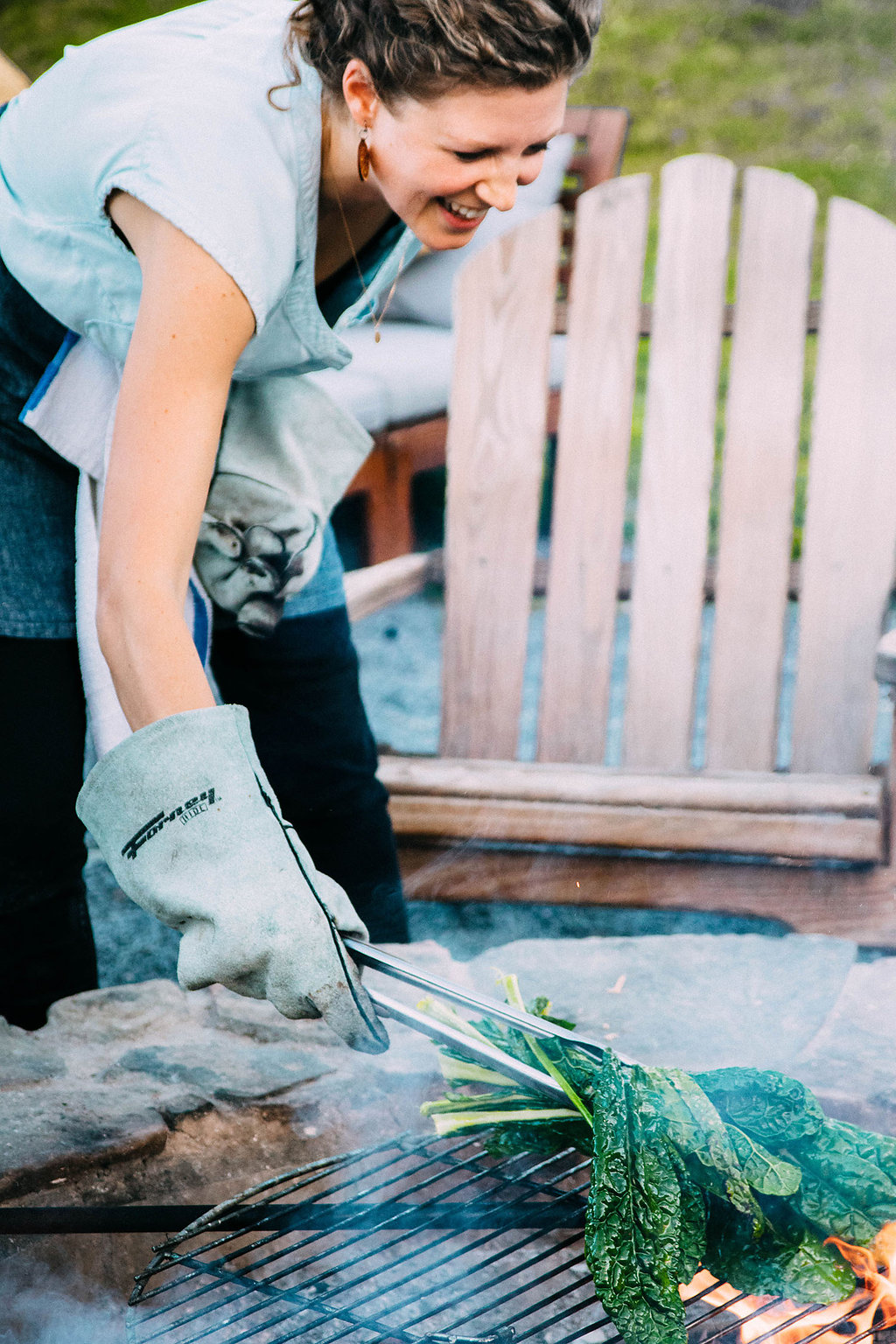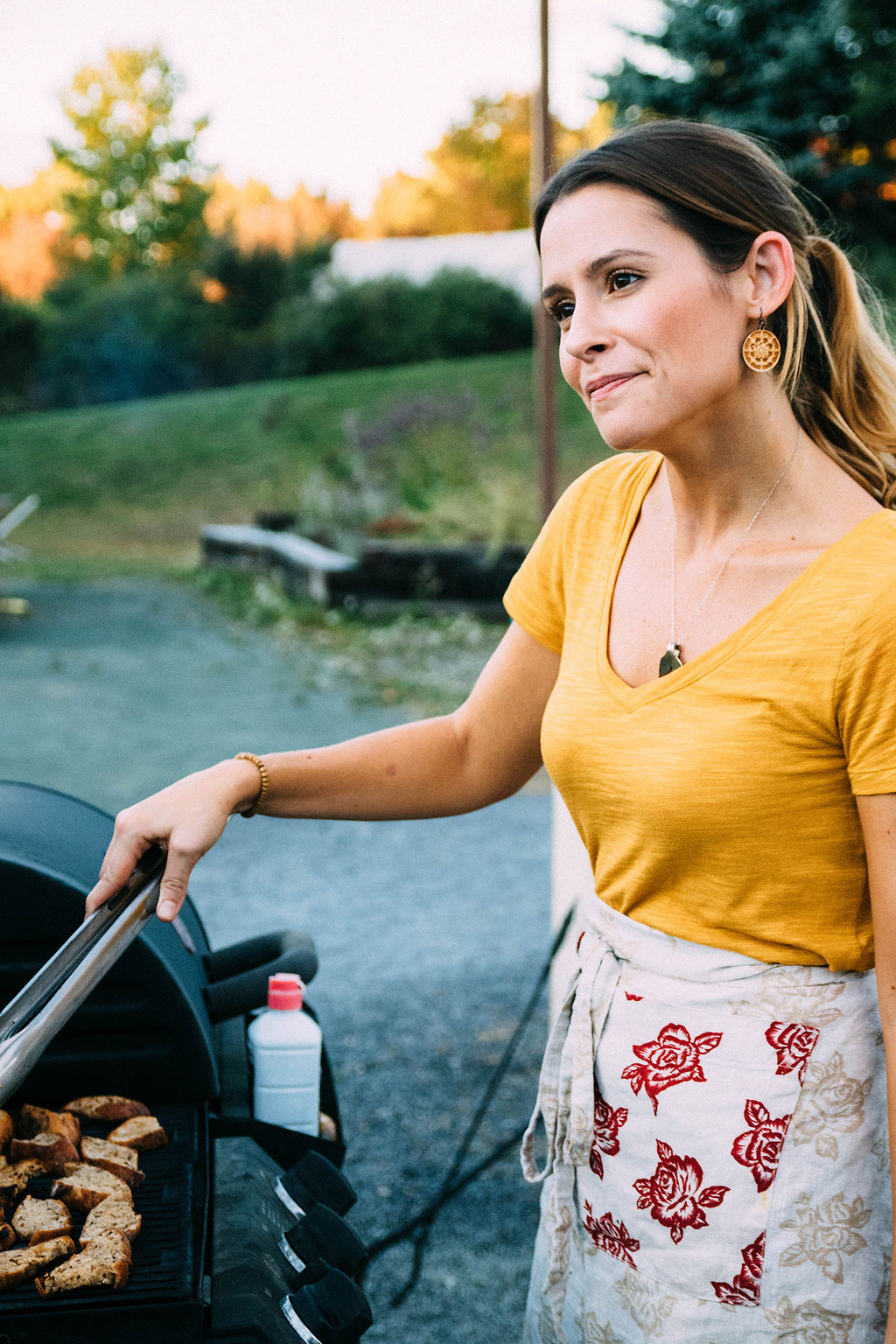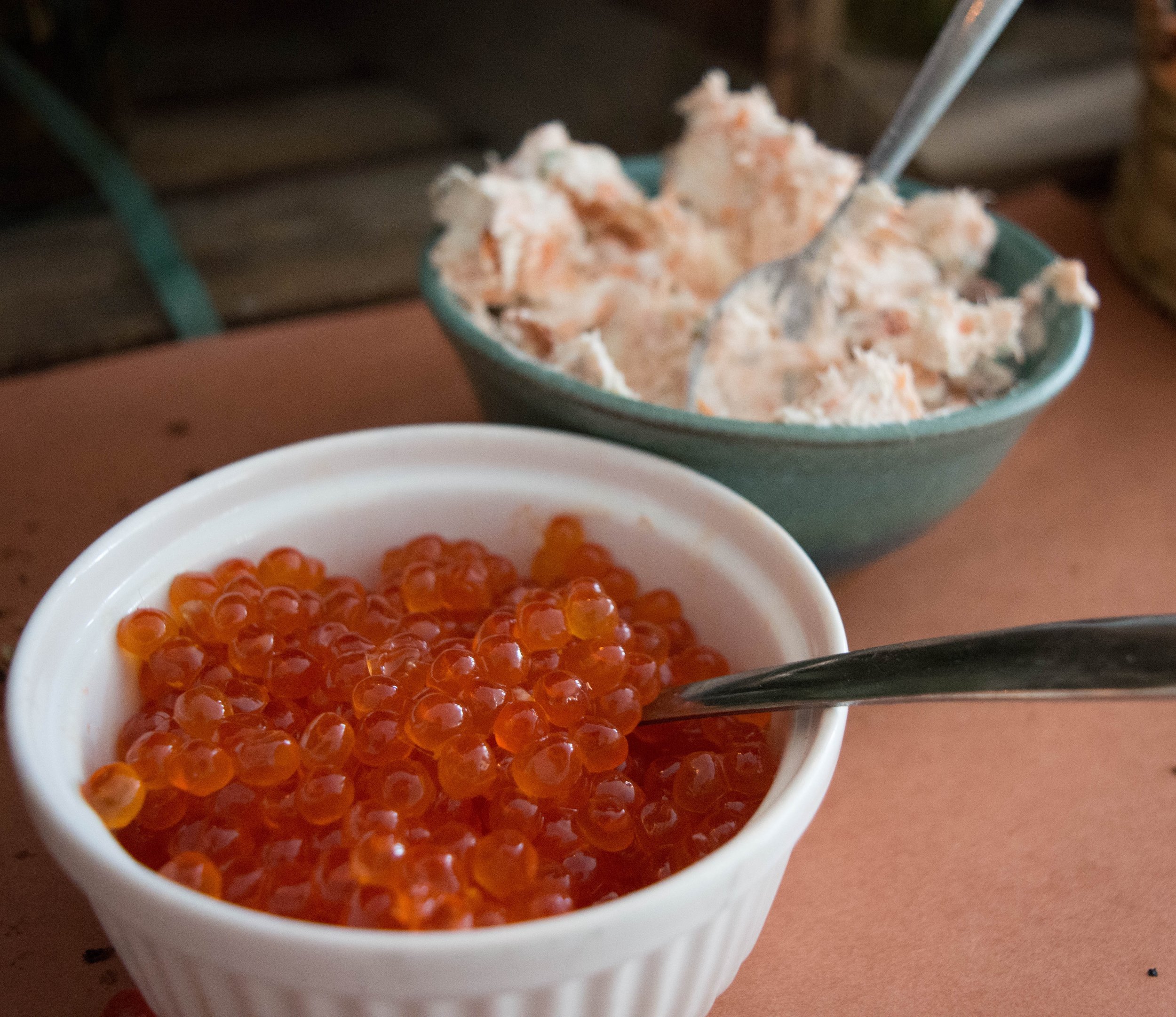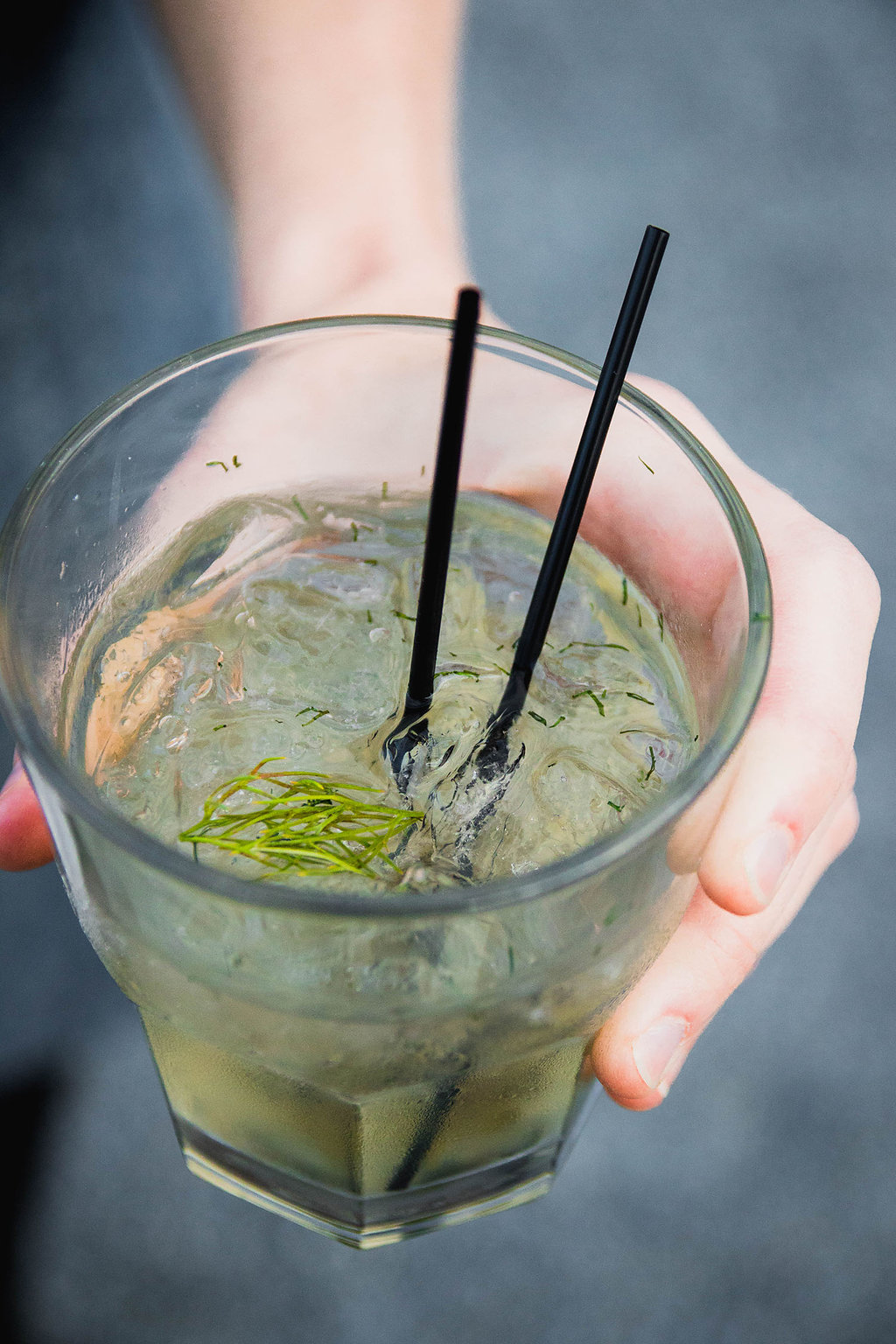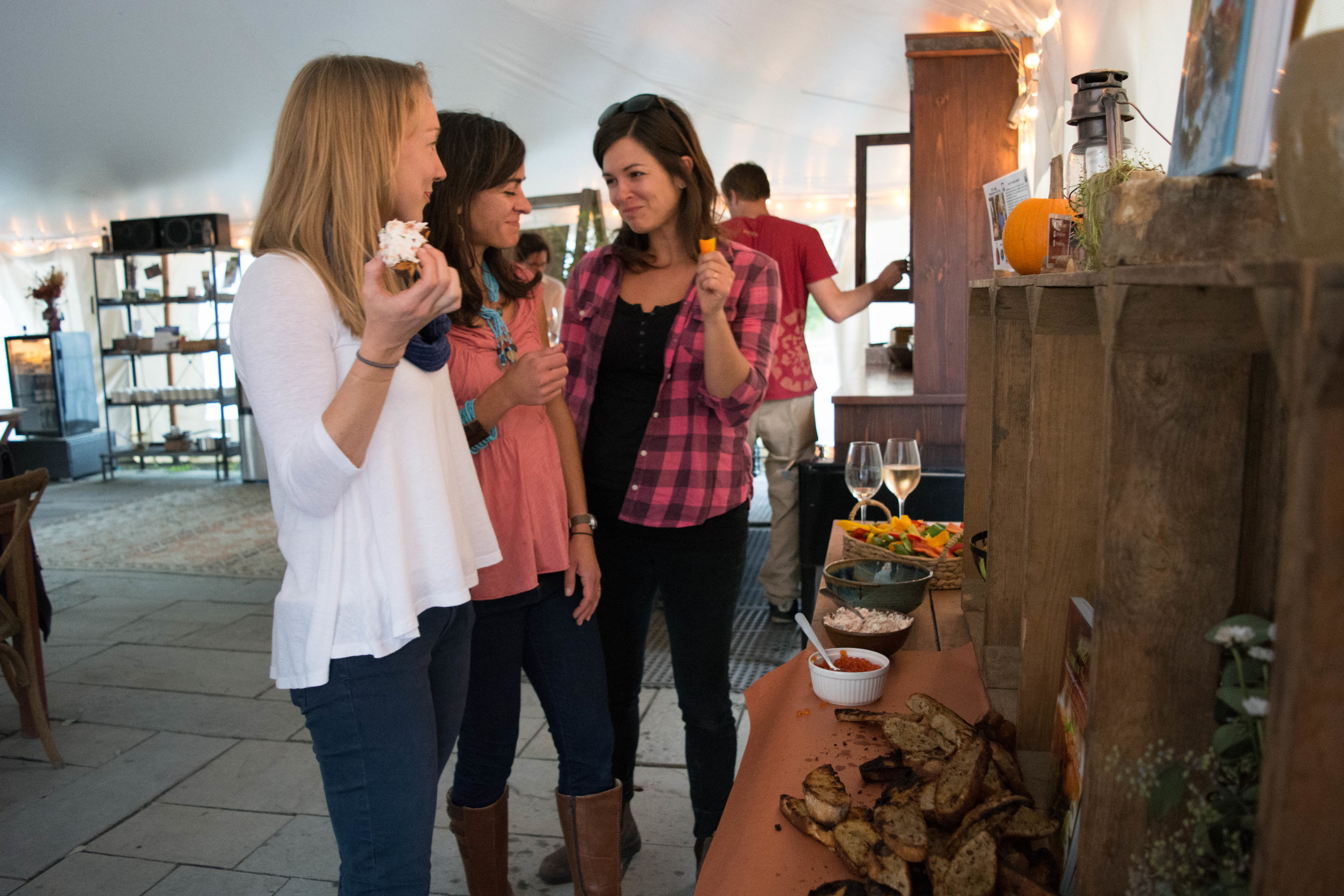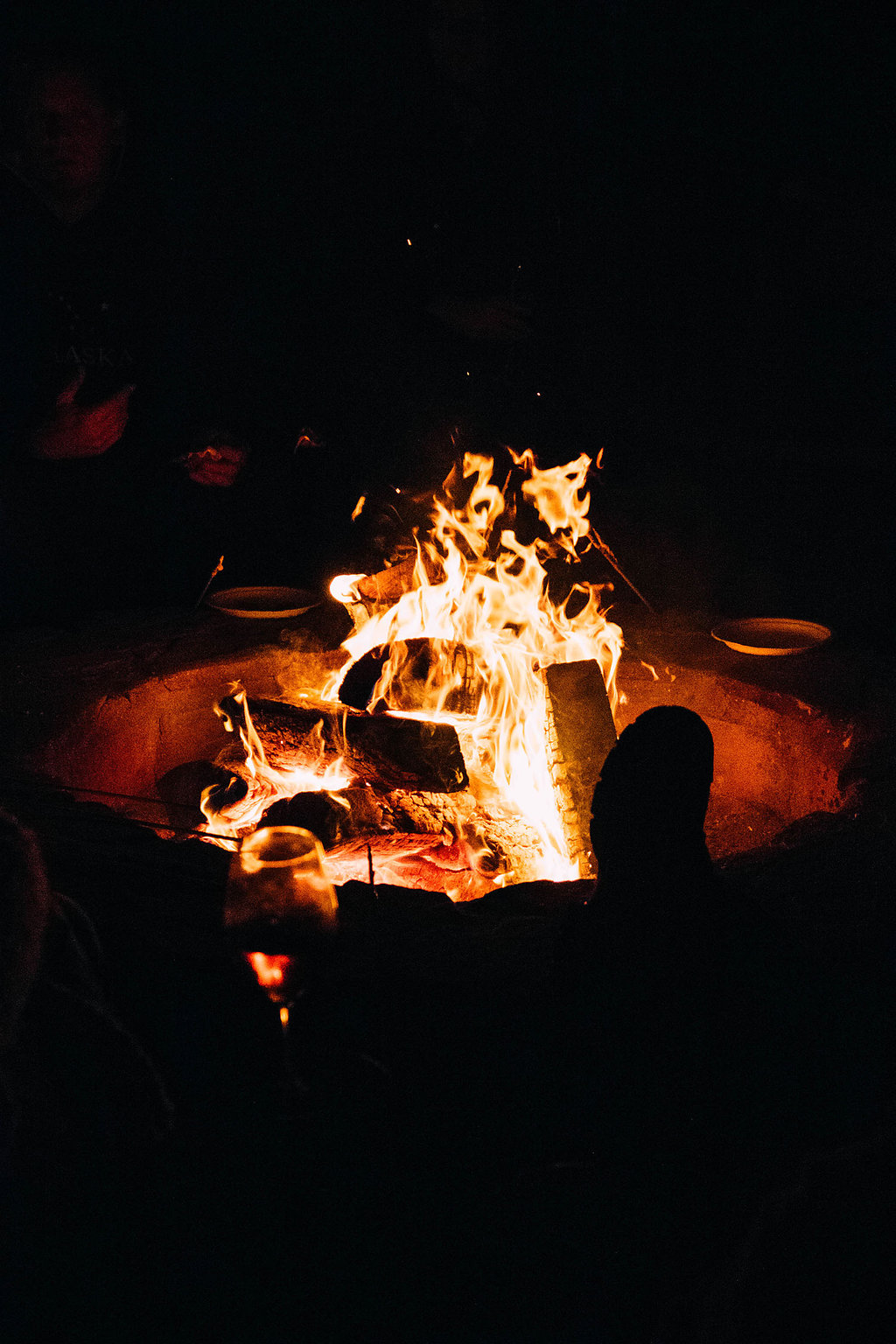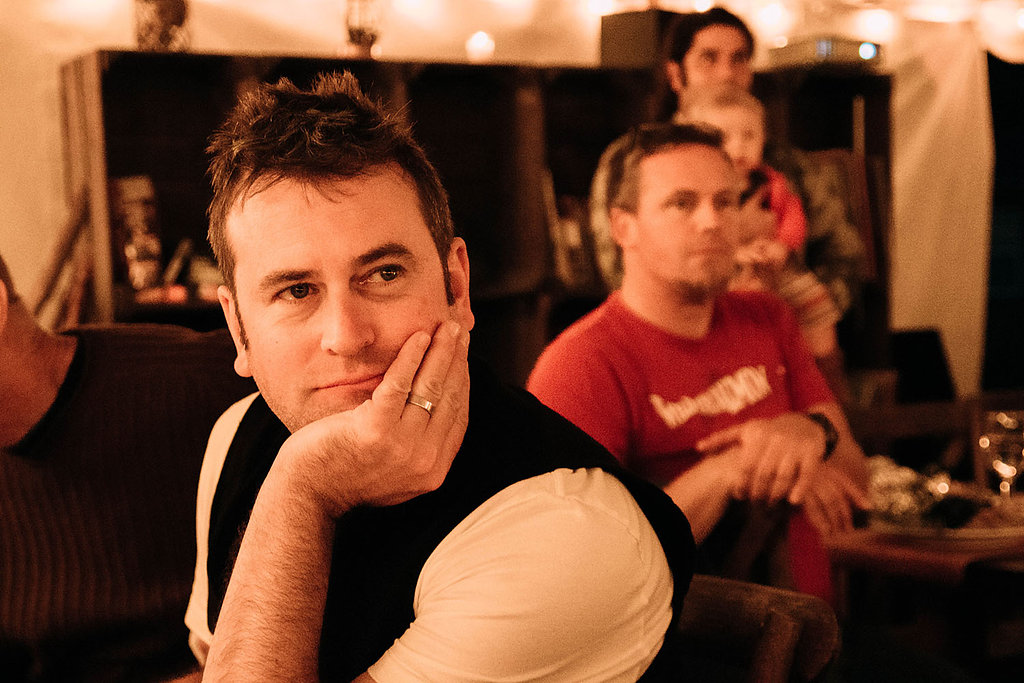Eat Wild, Save Wild: The Story of Salmon
"We’re all worried about making sure our farm-to-table is really from farm to table, or that our beef is really grass-fed. What if they would just make the same efforts with fish like salmon?" - Tom Douglas
Photo by Emma Frisch
Since our earliest ancestors, we have relied on the ocean for sustenance and honored a long-standing relationship with one of its most precious resources, Wild Salmon. Salmon can be a study of perseverance and patience, a balance of beauty and strength, and ultimately the “circle of life.” Salmon are born in the same rivers where they return - upstream! - to spawn their young and die, giving their body back to the creeks and forest after a lifetime at sea. It could be said that salmon run in the trees, replenishing an entire ecosystem. For Firelight co-founder and culinary director, Emma Frisch, food is a powerful link between humans and nature. Eating wild, native and locally cultivated ingredients can help us taste the very essence of the natural world around us, and in some cases, help protect wild species and places.
In August of 2015, Emma traveled to the Sitka Seafood Festival in Alaska, a window into the world of Wild Salmon and sustainable seafood. Wild Salmon represents the greatest fishing industry in the U.S., providing a source of food and livelihood to thousands of local and indigenous communities. For the Pacific Northwest, Wild Salmon is at the core of local lore and identity. As famed chef and Wild Salmon advocate, Tom Douglas, says "Think about salmon in the same way you think of a jazz band to the people of New Orleans or the Cubs to the city of Chicago. It’s part of our identity. It’s part of who we are. It’s a natural resource and we are very proud of it."
During Emma's trip, she followed Wild Salmon from river to sea to table, beginning her journey at the Mendenhall Glacier in Juneau where Salmon had just returned to the forested creeks. In Sitka, she ventured out to fishing boats at sea with the Seafood Producers Cooperative and Alaska Gold Brand, observed the production line back on shore at the processing plant, and dined on a multi-course Wild Salmon feast prepared by Alaskavore Chef, Rob Kinneen. It was beautiful to behold how fisher(wo)men, plant workers, chefs, diners and local families gave gratitude and respect for Wild Salmon at every stage of the process.
The Sitka Seafood Festival concluded with a screening of The Breach, tying the various activities and sights of the week together. In his provocative documentary, Mark Titus sets off on a quest to answer this question: “Once we [salmon] were so many we couldn’t be counted. Can humanity learn enough from its past to save wild salmon?” He carries the audience through a stunning portrayal of Wild Salmon's last stronghold in the Pacific Northwest and Alaska, and the perils they face by dams and proposed energy projects like Pebble Mine. The film leaves the viewer with a deeper understanding of a simple truth: wild salmon are endangered, but if we eat them, we just might be able to save them.
Photos by Jessie Johnson and Elaine Bobkowski
Back in landlocked Ithaca, Emma felt pulled to keep the spirit of Wild Salmon alive despite being many miles from the nearest ocean. She wanted to share her extraordinary sea-to-plate experience with the local community and spread awareness about how to source and eat sustainable seafood. She teamed up with local food blogger and founder of The Seafood Blog Project, Jessie Johnson, to launch the first Ithaca Sustainable Seafood Week and a capstone event at Firelight Camps, a Wild Salmon Campfire Dinner & Movie. They brought together local activists, Alaska fisher(wo)man, chefs, and (salmon-loving) glampers and special guest, Mark Titus, for an intimate and magnificent fireside feast under the stars.
Photos by Jessie Johnson
On October 5th, guests gathered under the lobby tent around family-style grazing tables for a multi-course campfire meal. Emma Frisch and Food Network Co-Star, Nicole Gaffney, prepared a variety of courses featuring Wild Alaskan Salmon and other Alaska and Finger Lakes-grown products. They paired dishes with specially brewed beer, local hard cider and Smoked Salmon Vodka cocktails (yes!). After dinner, guests watched The Breach and followed the film with a lively Q&A around the campfire.
Some of the burning questions were:
How can we take action to help protect our oceans?
How can we buy and eat seafood more sustainably? (Oh hey, need a salmon-buying guide?)
The next morning, guests smeared Wild Smoked Salmon Spread on their bagels, lingering around the grazing tables and and continuing to muse on how they could support Wild Salmon back in their own kitchens. Salmon has a way of tying people together, in the same way it serves as a link to the sea, rivers, trees, offspring and indigenous communities of its ecosystem.
Photo by Elaine Bobkowski
At Firelight Camps, we are constantly thinking about how we can be better environmental stewards and invite our guests to join us in preserving the natural beauty around us. We do this by serving locally and sustainably produced food at breakfast, building our tent platforms and other amenities with minimal damage to the land, choosing to keep our tents off-the-grid, composting food waste, and making it easy for guests to find their way onto our backyard trails in Buttermilk Falls State Park. But our vision is global, and we want to connect our own efforts and the experience of our guests with like-minded people around the country and the world. We want to be part of the global change and build solidarity. We want to create a space for people to converge, no matter what their backgrounds, and celebrate the very essence of life: food, love and laughter! This is why we chose to celebrate Wild Salmon and all it stands for.
Thanks to the partners and people who made this event possible: The Seafood Blog Project, Alaska Gold Brand, August Island Pictures, The Breach Film, Wild For Salmon, Alaska Birch Syrup, Alaska Flour Company, Full Plate Farms, Alaska Distillery, Lucky Hare Brewing, Good Life Cider, Serendipity Catering, Forever Wild Seafood and Taku River Reds.
Photo by Jessie Johnson
Check out these additional resources to learn more about wild and sustainable seafood:
SUSTAINABLE SEAFOOD PROJECT. An informational blog providing multiple ways to learn about sustainability and a valuable links to businesses that can deliver sustainable seafood right to your front door! (winning!)
SEAFOOD WATCH by the Monterey Bay Aquarium. They provide guides, websites, and apps for your mobile devices to help you choose the best sustainable food options as well as what to avoid.
Have ideas for a future Firelight event that can help us learn how to better take care of the planet? Tell us in the comments below!


